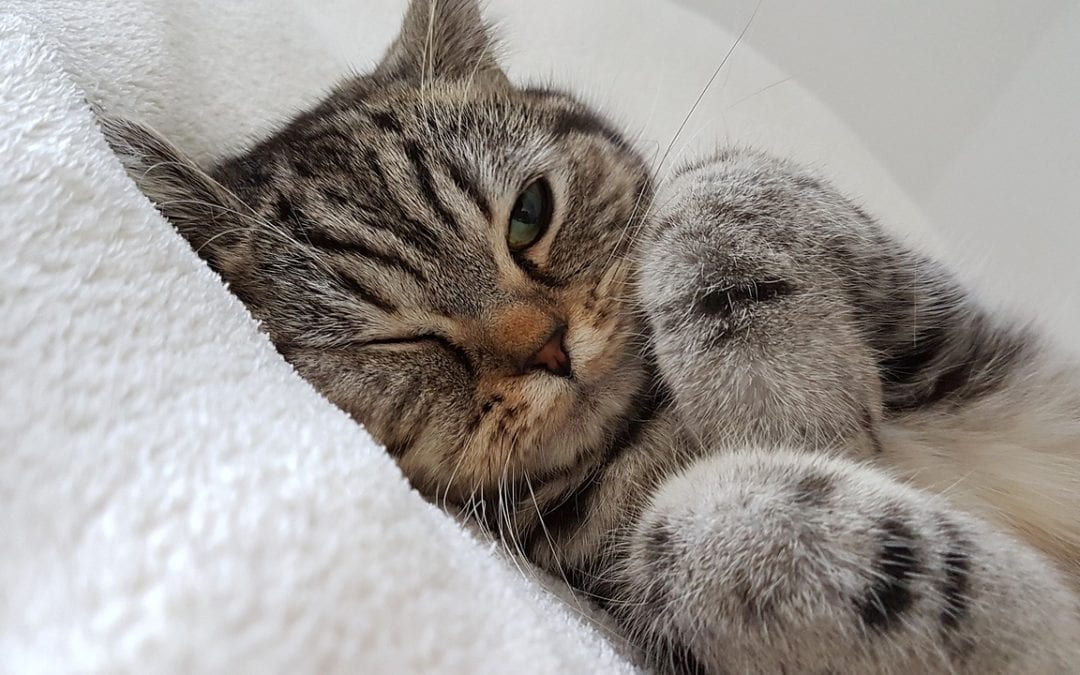Pet ear infections can be a big problem for some cats and dogs. Dogs and cats have long ear canals, which provide a dark, warm, and sometimes moist place for microorganisms to grow.
Usually pet ear infections are caused by an overgrowth of yeast or bacteria in the ear canal. Occasionally, other factors such as ear mites, excess hair, or a foreign object or growth in the ear can be a factor. Some pets might have underlying conditions such as allergies or low thyroid hormone that may predispose them to ear infections, too. Regardless of the cause, ear infections can be painful for your pet, and should be treated as soon as they are detected.
You might suspect your pet has an ear infection if they are exhibiting the following signs:
- Scratching at the ear
- Shaking the head
- Bad odor from the ear(s)
- An abnormal discharge
- A red or swollen ear
- Pain or sensitivity of the ears
Luckily, there are some steps that you can take to minimize pet ear infections. While it is impossible to completely avoid them in some pets, you may be able to decrease their frequency and severity.
Pay Attention
By checking your pet’s ears regularly for things like discharge, abnormal odor, swelling, or redness, you can be sure that you are on top of any issues. Early detection helps to minimize long-term changes to your pet’s ear canal that can further predispose him or her to future ear problems. If you are not seeing improvement in your pet’s condition in 2-3 days, it is safest to have the ears evaluated by a veterinarian.
Clean Ears Regularly
If your pet’s ears appear dirty, it is advisable to clean them. Most pets can benefit from having their ears cleaned once or twice a week.
Use a high quality ear cleaner recommended by your veterinarian. It is easiest to soak the cotton ball with the solution and gently wipe the areas of the ear that are visible. It is also important to clean and dry the ears thoroughly after a bath or swimming. In addition to cleaning, some dogs may benefit from ear-plucking, or the removal of excess hair in the canal as well.
Prevent Pet Ear Infections by Caring for the Whole Pet
Good care and hygiene can help minimize ear infections as well as many other diseases. Feed a high quality, nutritionally complete diet, and be sure that any underlying problems, such as allergies or systemic problems, are appropriately treated.
Ear infections are one of the top reasons that pets visit their veterinarians between wellness exams. Maintaining a healthy ear environment and paying close attention to your pet’s needs and health can prevent them from happening. These things sometimes are not enough to completely eliminate ear infections, but they can decrease the frequency and severity of ear problems when they do develop.

